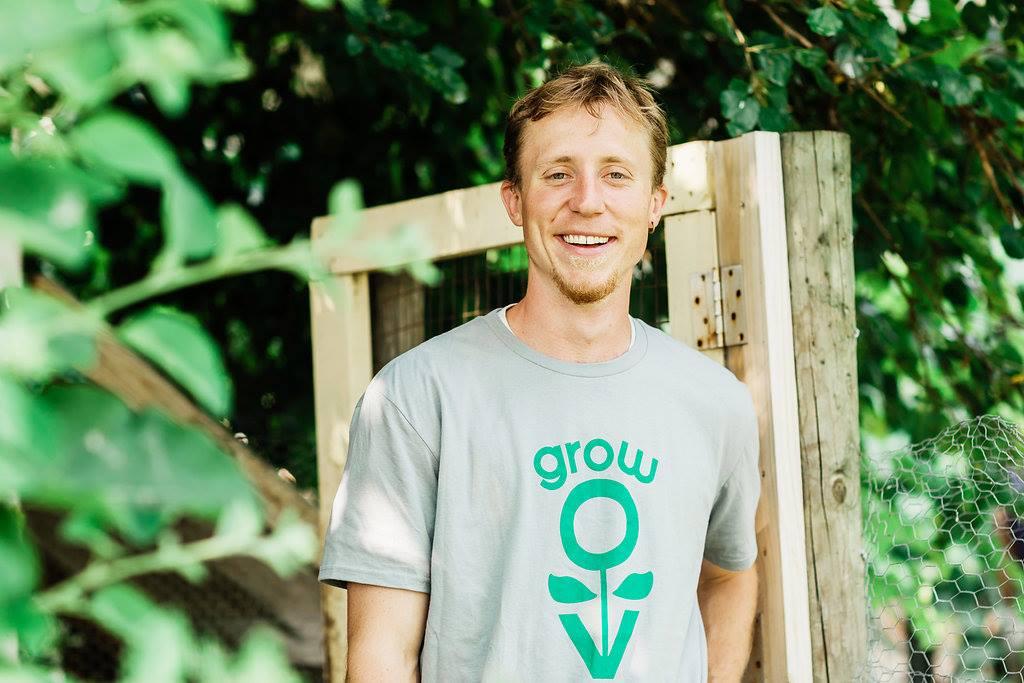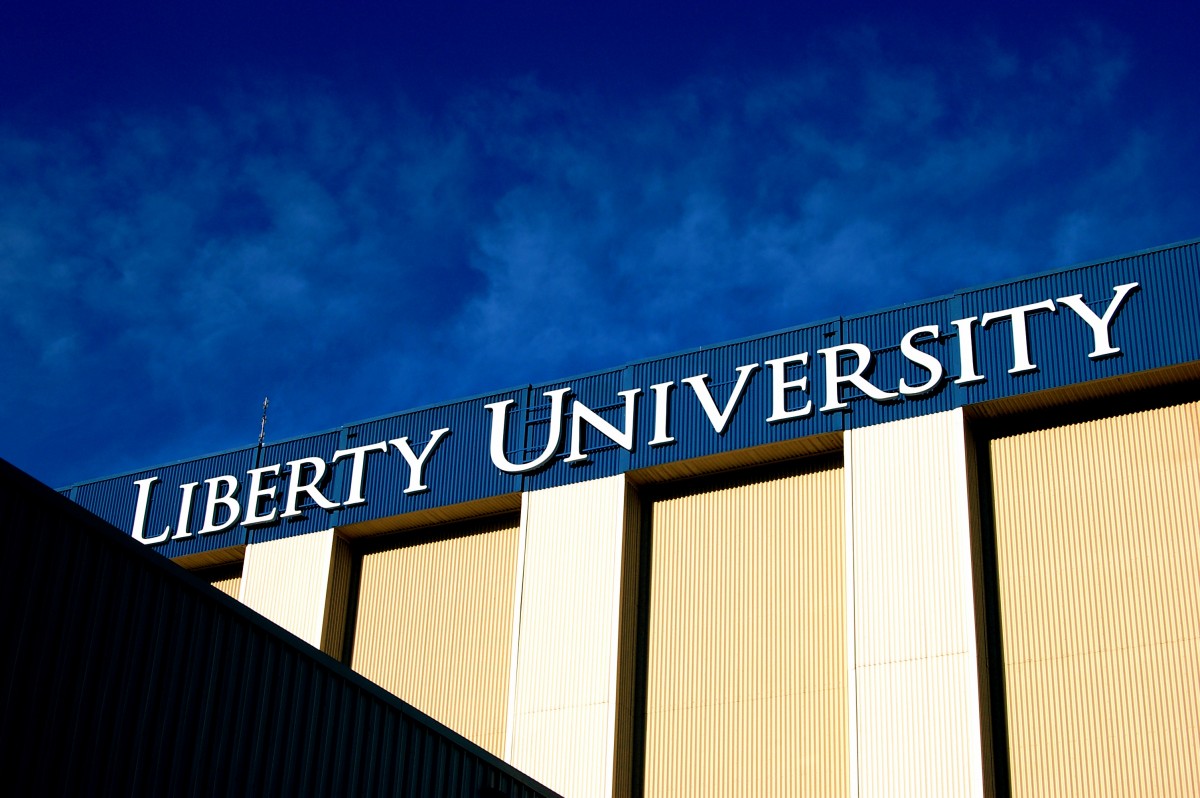In this time of crisis, West Virginia Public Broadcasting is reaching out to community leaders working on the frontlines to help their towns and regions.
Danny Swan is executive director of the nonprofit Grow Ohio Valley — an organization based in the Northern Panhandle committed to promoting regional food security.
He shared these thoughts on regional food security and ways Grow Ohio Valley is trying to improve individual and community health throughout the upper Ohio Valley and throughout the state in a conversation with West Virginia Public Broadcasting’s Glynis Board.
DS: Our actions are being guided by the World Health Organization’s toolkit on food security and pandemics. And that lays it out really clearly. We have three components of food security that we need to be paying attention to.
The first is food availability, that’s just: Is there enough food in our community to feed everybody? And we think yes, there’s a resounding yes there.
The two more nuanced components of food security are, food access: Can everybody get their hands on that food? Let’s say vulnerable populations, homebound people or homeless people? That’s a food access problem.
In West Virginia, we have a third problem that needs to be looked at, which is food utilization: Is the food of a high enough quality that it’s giving your body nutrients and as your body in a condition that it can appropriately absorb and use those nutrients?
GB: So given the World Health Organization’s leadership, what does that lead you to do differently right now?
DS: Something that we’re all noticing as a nonprofit and social service community in Wheeling, and I’m sure in many other communities, is the need for really tight coordination and communication. So we have lots of organizations that are doing great things. Some of them are overlapping in their services. Some have assets that are being underutilized, that if other organizations knew about, could operate more efficiently.
One thing that we’re working on with the help of the great people at the Family Resource Network and information helpline is getting all the nonprofit leadership together to coordinate our efforts to make sure that we’re addressing the needs of vulnerable populations.
What’s happening in the homeless camps? How are people eating and staying hygienic? What’s happening with homebound elderly, which is a huge issue across the state? How are they getting their food? How is, how is the isolation and mental health being addressed for these groups of people? How about kids who are used to getting their meals at school? How are they getting food now? How are, especially if vulnerable families — exacerbated by lots of people getting laid off from their jobs — how are they getting food?
I’m really impressed and inspired by this nonprofit group and how we’re stepping up to fill this leadership role collaboratively and how the non medical components of the response to this pandemic are being met by grassroots organizations in our community.
GB: You are finding yourself inspired?
DS: Oh, it’s totally inspiring. Yeah, it’s bringing things into focus. There are opportunities here to make our community stronger. This pandemic, while of course, cause number one is making sure that people stay safe, and that we get as many people through this healthy as possible — there’s this other thing happening, wherein there’s opportunities to bring the issues affecting vulnerable people — we can address these if we work together, sharply and collaboratively with an abundance of communication.

DS: And it’s also bringing some of our own messaging into focus. What are the key messages that we need to do to have a healthy population?
GB: Great, and so what are those messages?
DS: We’ve really identified five key messages:
- Eat healthy food. This is a better time than ever, it’s always important to eat healthy food, eat lots of fruits and vegetables — try to get five servings a day of fruits and vegetables. Right now that’s brought into clear focus by the pandemic. Eat healthy food, you’ll strengthen your immune system, and metabolic and diet-related health conditions can improve rapidly. So do what you can to get healthy food.
- Shop small and local if you can, for several reasons. It’ll help these small businesses stay afloat in your community. And you’ll be shopping in a place that has just a few shoppers in it as opposed to a supermarket that has hundreds of shoppers or even thousands.
- Stockpile for two weeks, but don’t hoard. You can accomplish a two-week stockpile probably for less than 100 bucks in one shopping cart at a grocery store. Borrowing your neighbor’s pickup truck is not required. Stockpile sensibly and don’t hoard because when you hoard you’re creating resource scarcity that can really affect the vulnerable people in your community when they need to be able to have access to food.
- Plant the garden. This is a better time than ever. It’s always a great idea to plant a garden but right now it’s a way to get outside and still respect to social isolation and distancing recommendations. To be outside, get some exercise, be out in the sun with your family, and — most importantly — growing healthy, nutritious food that will be inexpensive coming into your kitchen as you harvest, again, boosting your overall health profile and your immunity. So get out there and grow garden if you can. Check out Grow This West Virginia through WVU extension. They’re doing some really great stuff. They’ll even mail you seeds to help you start your garden.
- Volunteer if you can. Lots of social service agencies doing great work and all of our West Virginia communities. They need volunteers. Most West Virginia volunteers are elderly people. Those are people who are unlikely to be able to keep volunteering. So if you’re a college kid and you’re furloughed or you’re a young adult and you don’t have other complicating risk factors, look for places that you can volunteer that will structure the experience in a medically approved, public health-safe way so that you can volunteer and help your neighbors without adding risk to yourself or your neighbors.
Editor’s Note: In full disclosure — West Virginia Public Broadcasting is also engaged in a youth storytelling program together with Grow Ohio Valley and Ohio County Public Schools. We’ll hopefully be hearing some reporting from those students later this spring.
This article was originally published by West Virginia Public Broadcasting.




